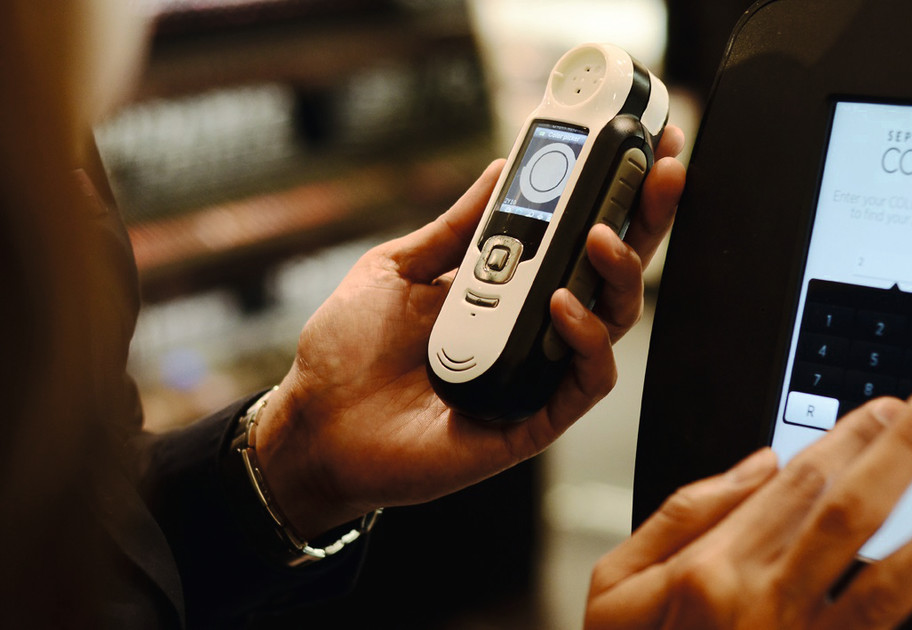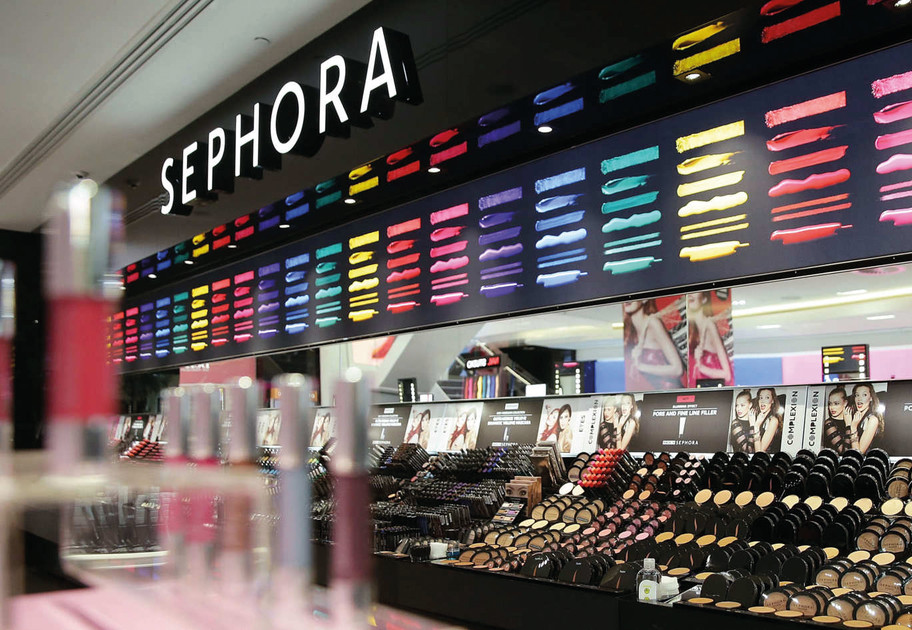Can we increase the chances of them utilising the data more effectively if they themselves can experience its potential? Kega asked fashion retail staff in the Netherlands how they would like to apply consumer data to be able to perform their job more effectively. What the staff would like to have access to as soon as the conversation with the customers starts, is information such as the consumer’s size, purchase history, brand preference and, if available, the online wish list. The consumer’s behaviour on social media, as far as the staff is concerned, is less relevant.
During the sales conversation, the data needs of the employee shift toward factual, general information that is aimed at helping the customer even more. The information they are looking for includes, for instance, stock availability in the shop and in the other branches, a simple method of comparing prices, but also access to detailed information after scanning a specific product. When the staff member scans an item in the store, he or she would like to see additional product information, like you can already view online, that is tailored to the profile and purchase history of the customer.
The staff in the store speak with customers and get to know the customer better during that sales talk. But what they can’t do is record this information anywhere (because this usually isn’t a focal point). Without highly motivated staff, data can’t be properly recorded. Just under 80% of store staff indicate they have no objection to recording standard consumer data (NAW@) – preferably on a tablet or at the register and provided they have time, of course. A little over half are also willing to register additional information (brand preference, which items they customer tried on, etc.) that could help during a future visit to the store. Looking at it from another perspective, around half of the store personnel still need to be motivated to go the extra mile when collecting data.
Empowering the staff in the store with data includes making them aware of the power of data, as well as how important the quality of that data is. The key to that quality lies in the hands of the store staff and it is up to them to use it during every sales moment. And it’s therefore up to us to motivate the staff to empower themselves.
.png?width=641&height=253&name=Kega%20logo%20(white%20bg).png)


